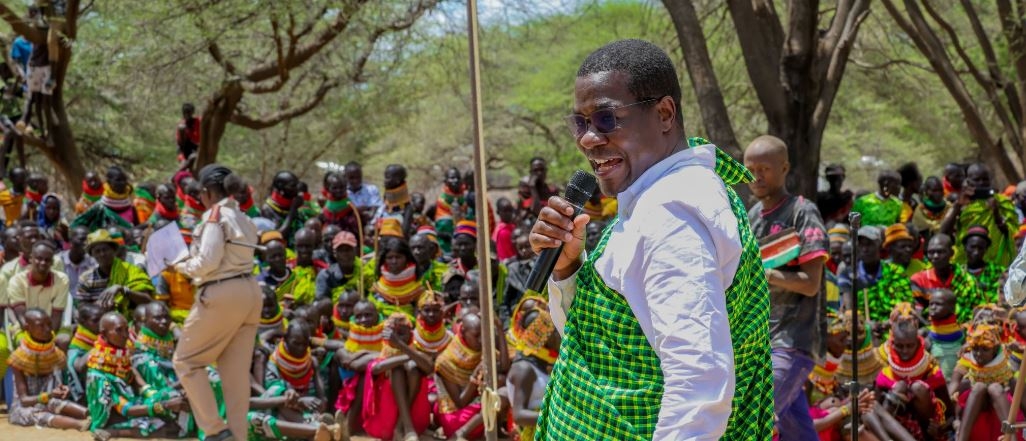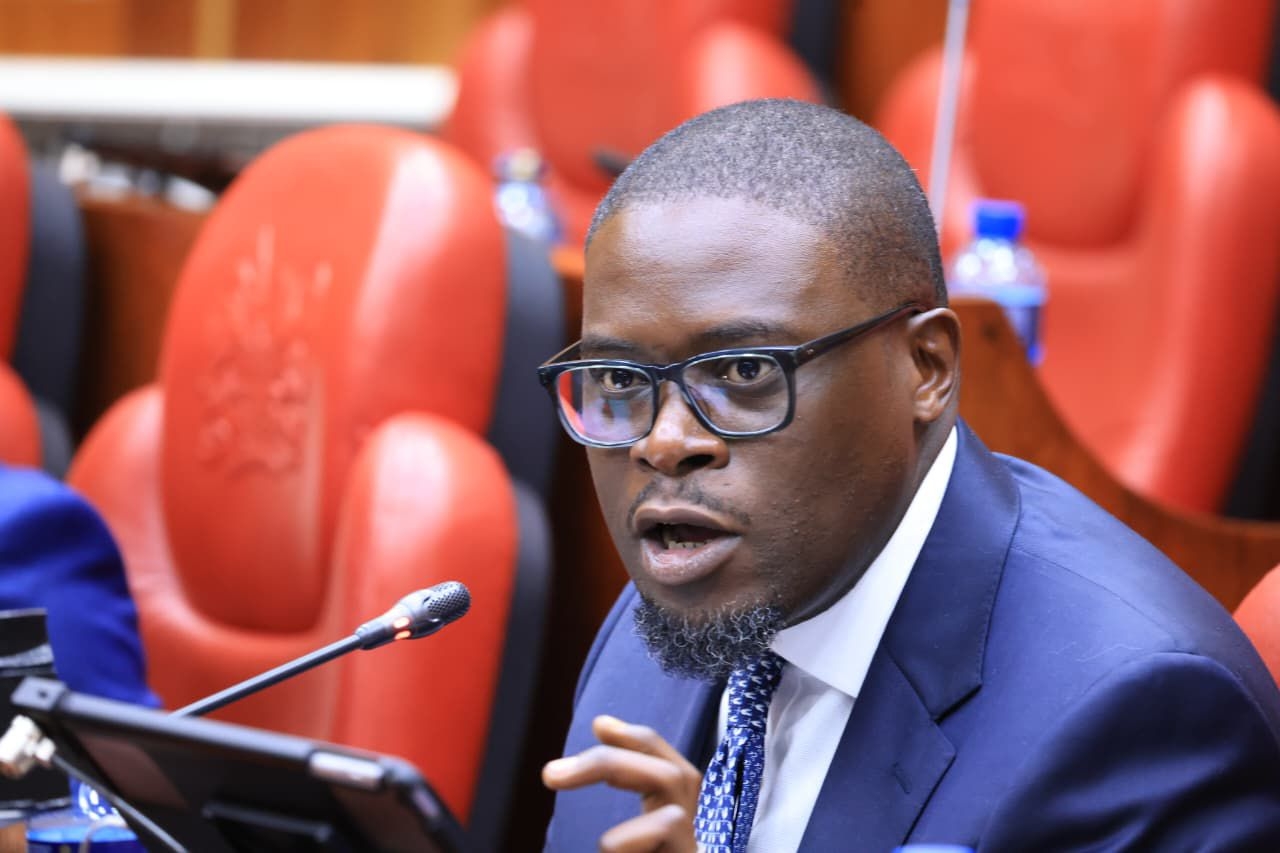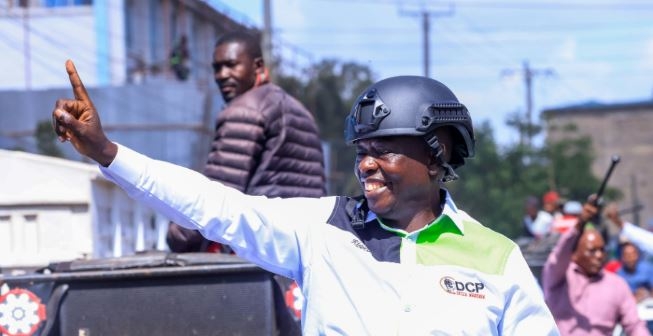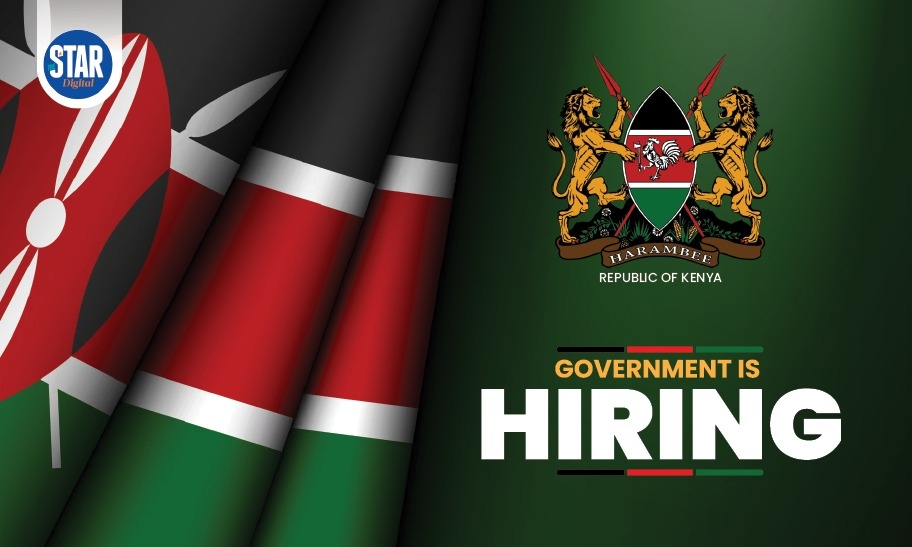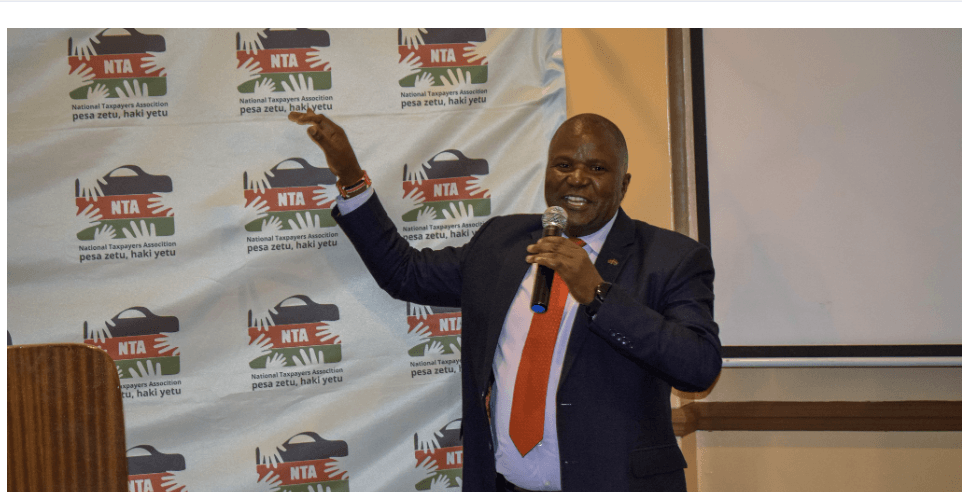A section of women from Northern Kenya have come together to chart ways for adapting to harsh climate change phenomena.
Unfavourable conditions such as drought, which are occasioned by climate change, compound poverty among Asal communities, the group said.
Under the auspices of the Indigenous Women Conference, a three-day event in Nanyuki roped in female human rights defenders to help generate women-centred solutions to the spiralling challenges.
The conference focused on emerging human rights concerns as caused by aspects including climate change and land tenure issues.
Women and children mostly bear the brunt of harsh weather events, as they struggle to get basic supplies like water and food for the family, hence the need to find ways of adaptation beforehand.
“Climate change issues are part of the conversations at the Indigenous Women Conference. Women from the arid and semi-arid regions and part of the conference have reported disproportionate negative impact,” they said.
The event was organised by Samburu Women Trust and supported by Defenders Coalition.
The conference reflected on the progress made in advancing the rights of pastoralists and indigenous women and girls, including the harmful cultural practices that caused further marginalisation.
The safety and protection of vocal indigenous women human rights defenders was also at the top of the conversation.
Indigenous and pastoralist communities in the Asal regions, who are in the thick of harsh climate, have limited access to climate finance.
Despite global conversations about carbon credit and climate financing, grassroots communities lack the capacity and access to information to help them leverage these resources.
“Worryingly, there is minimal involvement of communities in the utilisation of natural resources within the pastoralist counties,” they said.
Jane Meriwas, the executive director of Samburu Women Trust, said women from hardship areas are often bogged down by cultural issues that diminish their voice.
Their coming together to discuss their survival was a milestone.
“The women's movement aims to amplify collective voices at the grassroots, national, regional and international levels,” Meriwas said.
“To overcome the immense challenges experienced from the severe impacts of climate change, indigenous women must adopt strategies that shall ensure adaptability and resilience to climate change.”
Defenders Coalition executive director, Kamau Ngugi, said the conversation was timely and would bring out issues affecting the population living the reality of climate change.
“This crucial conference is dedicated to analysing progress in indigenous and pastoralist women’s rights... identifying gaps and crafting unified strategies for pastoralists and indigenous women and girls,” Ngugi said.
“I call on you- the brave women human rights defenders seated here- to come together and keep advocating against the overwhelming pain experienced by indigenous women due to poverty, climate change, conflicts, land tenure insecurity and food security.”
Other challenges discussed were the forceful evictions from ancestral land and grabbing of unregistered land.
Overlapping claims and double allocations of title deeds in areas where land titles are available, hence leading to conflicts, were also raised.
Unpreparedness by the government to address climate change-related disasters leads to loss of lives through droughts and famine, or flooding.
They want a coordinated and holistic response to climate crisis calamities.




